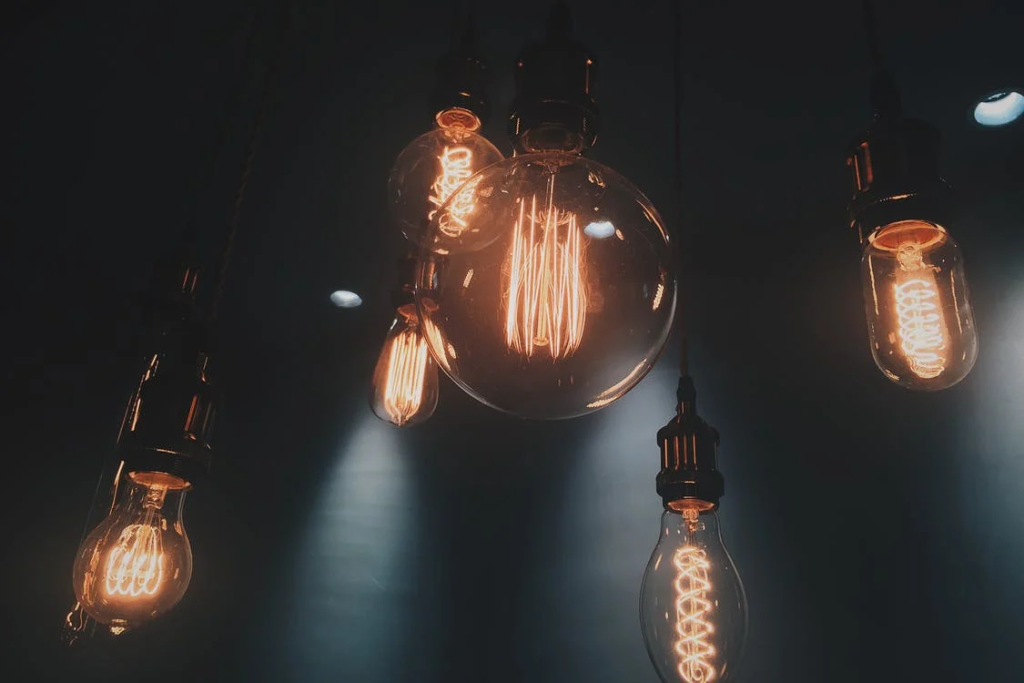
If there is a power outage, do you have a plan? What will you do if the power goes out and stays out for an extended period of time? Most people don’t think about this until it happens, and by then it’s too late. A backup power system is essential for any home, especially in areas that experience frequent blackouts. In this blog post, we will discuss your options for backup power and how to choose the best system for your needs.
Power backup – The options you have for your home
Power outages are not so frequent nowadays but it’s always good to have a backup plan. Because our everyday lives practically revolve around electricity, losing power can be a huge inconvenience. This is especially true if you live in remote areas or if you have medical conditions that require electricity. Moreover, experts from GENERATOR MAG say that power outages are only going to become more common as our demand for electricity grows. Now, whether you are looking to secure yourself in case of emergency, or just want to be prepared for the next big storm, it is important to know you have other options. Doing so will ensure a stress-free and comfortable life, even when the power goes out.
One of the most popular backup power options is a generator
Generators come in a variety of sizes and fuel types, so you can choose the one that best suits your needs. If you live in an area with frequent blackouts, you may want to consider a standby generator. A standby generator is installed permanently and the biggest benefit of it is that it will automatically turn on in case your power goes off. They run on either natural gas or propane, so you will need to have a supply of one of these fuels on hand. Portable generators are another option, but they require manual setup and must be refueled regularly. Diesel generators are also available, but they tend to be more expensive. No matter which type of generator you choose, be sure to read the manufacturer’s instructions carefully and follow all safety precautions. You should never operate a generator in an enclosed area, such as the indoors of your home, as it can cause carbon monoxide poisoning.
Solar power – A renewable option
If you are looking for a renewable option, solar power is a good choice. Solar panels can be used to generate electricity, which can then be stored in batteries for use during a power outage. The experts from www.sempersolaris.com can explain how these solutions can be customized to fit your specific needs and budget, thus significantly reducing your dependence on the grid. Solar panels can be installed on your roof or placed in a sunny location in your yard. If you live in an area with frequent power outages, you may want to consider a standby solar system. These systems are permanently installed and automatically turn on when the power goes out. They can be used to power your entire home or just essential appliances like your fridge and lights.
Wind power – Another renewable option
Wind turbines can also be used to generate electricity, which can be stored in batteries for use during a power outage. Wind turbines can be installed on your roof or in a sunny location in your yard. If you live in an area with frequent power outages, you may want to consider a standby wind system. These systems are permanently installed and automatically turn on when the power goes out. They can be used to power your entire home or just essential appliances like your fridge and lights.
Wooden stove or fireplace – For heating and cooking
If you have a wood-burning stove or fireplace, you can use it to heat your home and cook food in an emergency. Just be sure to stock up on wood before the power goes out. If you don’t have a wood-burning stove, you can still use your fireplace. Just build a fire in the fireplace and place a pot of water on the grate to boil. You can also use your fireplace to heat up canned food. Just open the can and place it in the fire for a few minutes. Be sure to rotate it so that all sides are heated evenly. If you are stocking on firewood, make sure you place it in an area that is dry and protected from the elements.
When choosing a backup power system, it important to consider your needs
Before purchasing a backup power system, it is important to consider your needs. Are power outages often in the area you reside? How long do they typically last? Do you have any medical conditions that require electricity? Answering these questions will help you determine the size and type of system you need. It is also important to factor in the cost of fuel and maintenance when choosing a system. Backup power systems are a significant investment, but they can provide peace of mind in the event of a power outage.
In conclusion, there are a variety of backup power options available. Depending on what your budget and your needs are, you should be able to choose the right choice. Be sure to do your research and purchase a system that is right for you. Of course, if you are going to choose an alternative, make sure you learn all of the ins and outs of each option.













